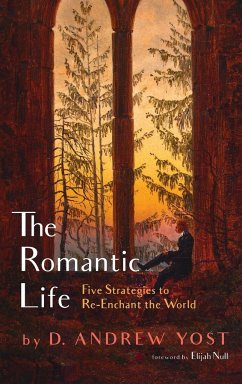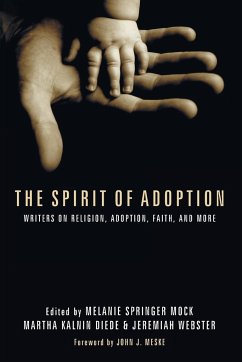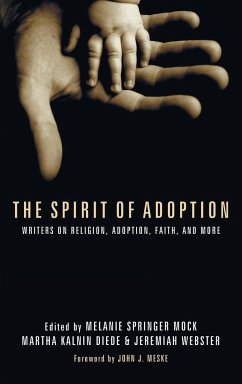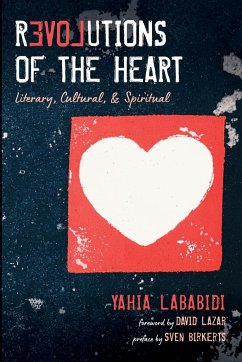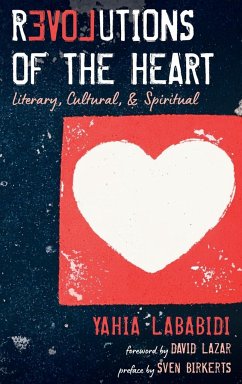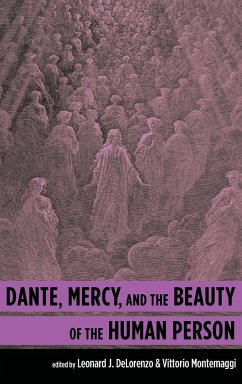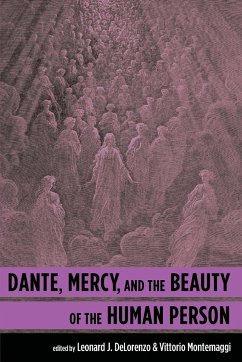The world is disenchanted. Rationalization, intellectualization, and scientism rule the day. We used to see the world as a magical place, but now it's just a material space. How did we get here? The shift comes in part from the rise of a certain kind of secularism, one that reduces human experiences to whatever is explainable through observation. Love? It's just a biological drive. Joy, a rush of adrenaline. Beauty, an influx of dopamine. If you can't test it, it isn't true; or so the thinking goes. The Romantic Life draws upon eighteenth- and nineteenth-century Romanticism to provide five strategies to re-enchant the world, five ways to imbue the world with meaning, truth, and beauty. According to the Romantics, far from being useless, encounters with ""impractical"" things like the imagination, nature, symbolism, sincerity, and the sublime give our lives a richness and depth that cannot be attained on a purely material account of the world. By learning from their example, we can come to see ""into the life of things,"" as William Wordsworth called it. We can be re-enchanted.
Hinweis: Dieser Artikel kann nur an eine deutsche Lieferadresse ausgeliefert werden.
Hinweis: Dieser Artikel kann nur an eine deutsche Lieferadresse ausgeliefert werden.

